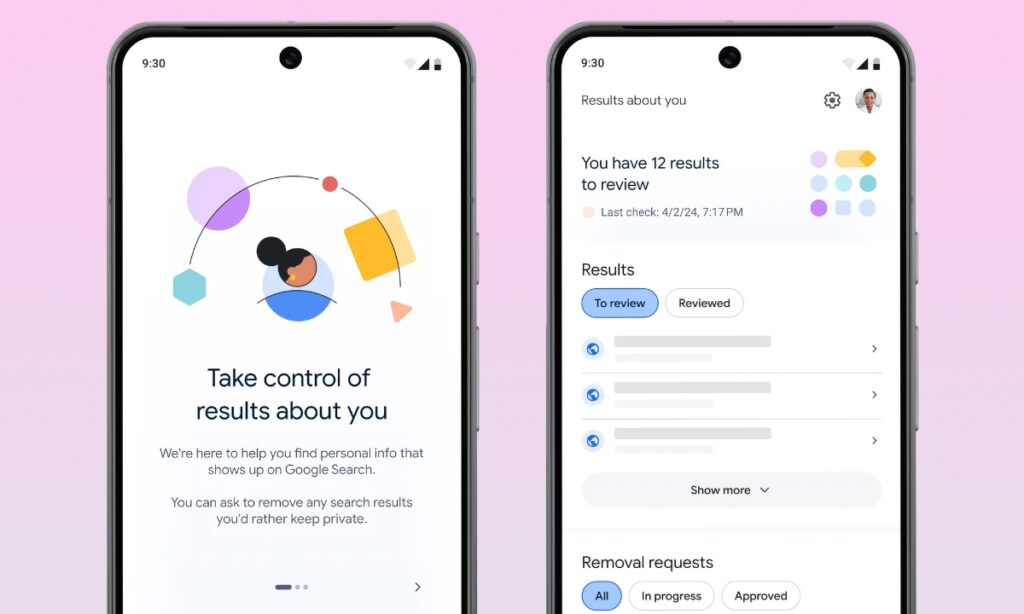In today’s connected world, personal information is more exposed than ever. A simple Google search can reveal phone numbers, home addresses, financial details, and even sensitive records, sometimes without consent.
While the internet offers convenience, it also brings risks such as identity theft and cyberstalking. Many people only realize how much of their personal data is available when they encounter unwanted phone calls or alarming security breaches.
The threat of online exposure

Every time someone signs up for a service, posts on social media, or makes an online purchase, data is stored and often indexed by search engines. This means strangers, scammers, or even potential employers can access details that were never meant to be public. Cybersecurity experts warn that exposed personal data can lead to fraud, harassment, and unauthorized access to accounts.
A report by Forbes stated that in 2023, there were 2,365 cyberattacks, affecting 343,338,964 victims worldwide. Data breaches increased by 72% compared to 2021, which previously held the all-time record. The financial impact is staggering, with the average cost of a data breach reaching $4.88 million in 2024.
Removing personal data from Google

Google now provides tools that allow users to request the removal of personally identifiable information (PII) from search results. The first step is to conduct a Google search of your name to determine what information appears.
If sensitive data is found, a formal removal request can be submitted through Google’s Personal Info Removal Page. The platform also offers a feature called “Results About You,” which alerts users when new personal details appear in search results.
By adjusting privacy settings and securing accounts with two-factor authentication, individuals can further protect their digital identity.
The emotional toll of digital exposure
Finding personal information online can be unsettling. Victims of doxxing, cyberbullying, or financial fraud often experience anxiety, fear, and loss of control over their digital footprint.
Many individuals have reported feeling vulnerable after discovering their private details exposed online, leading to distress and a heightened sense of insecurity.
Advocating for stronger data protection laws
While Google offers privacy management tools, experts argue that stronger regulations are needed to protect users from widespread data exposure. Several countries, including Ghana, are considering legislation that would require companies to obtain explicit consent before storing or sharing personal information.
A report by Exploding Topics found that 85% of global adults want to do more to protect their online privacy, yet 55% believe it is impossible to fully safeguard their data. Additionally, 72.6% of iOS apps track private user data, raising concerns about corporate accountability.
Securing your digital future
In a world where data is currency, taking charge of online privacy is essential. By actively managing search results, requesting data removals, and securing accounts, individuals can reduce their exposure to cyber threats and regain control over their digital presence. As awareness grows and privacy laws strengthen, users will have more power to protect their personal information.
Every online action leaves a trace, but with the right steps, privacy can be restored, ensuring that individuals maintain control over their digital identities in an evolving technological landscape.




